Guitar Bar: Weather and Your Guitar
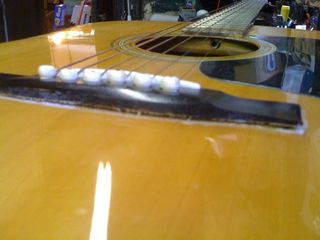
Coming out of winter and going into spring and early summer, our repair shop (Guitar Bar in Hoboken, New Jersey) gets overwhelmed with guitars coming in with cracks, popped or lifting bridges, severe neck warps and other weather-related issues that require attention.
There are a few simple things you can do - and things to look out for - that can save you money and save your instrument.
When you're comfortable, your guitar is, too. Extremes are bad for the wood. Too hot and too cold affects all of us.
In winter, air in homes gets really dry from the heating and lack of humidity in the air. If your hands or lips are chapped, chances are your guitar is feeling it, too.
Most problems on acoustics begin with a guitar being too dry. Keep all guitars away from radiators. If you have a room with a humidifier, keep your guitar in there. If not, it's usually better in winter to keep your guitar in its case. In the case of an acoustic guitar, I'd say it's mandatory unless it's a very stable, controlled environment.
Make the $10 to $14 investment in a guitar humidifier - like a Dampit - for an acoustic guitar, and follow the simple instructions. This little sponge can save you hundreds of dollars in repair bills.
Signs that your guitar might need humidifying:
Get The Pick Newsletter
All the latest guitar news, interviews, lessons, reviews, deals and more, direct to your inbox!
The action is high: The neck could have a bow, or if it's an acoustic, the bridge may actually be lifting off the face. Run your hand behind the bridge; if you feel an excessive bulge, your guitar is belllying up and you'll eventually get a bridge coming up and/or a loose brace or two.
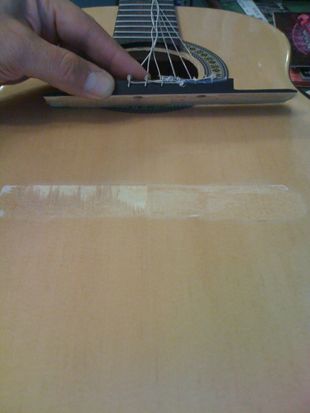
See if there's a space between the back of the bridge and the face. If you can slip a piece of paper under the bridge, you need it looked at.
Sharp fret sides: This is another indicator of a dry guitar. The wood has shrunk for lack of humidity and your frets are now poking out.
Never leave a guitar in a car unattended, but especially if it's very hot or cold. And always keep it in the car with you when driving; never put it in the trunk.
Though summer may be a little kinder to your guitar, here are a few basic things to watch out for:
Make sure it's not right in front of an air-conditioning duct. Cold air can also dry out your guitar. Keep it out of direct sunlight. If it's on a stand in your room, make sure it's not catching any rays.
Heavy humidity can soften glue used on bracking, so be aware of those hot summer days. And believe it or not, a very humid guitar just won't sound as good.
Hope this helps your guitar stick around a long time!
Till next time, Jim @ Guitar Bar
Guitar Bar, at 160 First St. in Hoboken, New Jersey, 201-222-0915, has been serving New York City and New Jersey musicians since 1996. Vintage, new and used guitars, effects, amps and other cool stuff abound, and expert repairs and lessons are done on site. Owner James Mastro is an active touring and recording musician whose credits include Ian Hunter, Patti Smith, John Cale, Health & Happiness Show, The Bongos, Garland Jeffreys and Donovan, to name a few. Ask him gear-related questions (or anything!) by commenting on this and future blog posts.
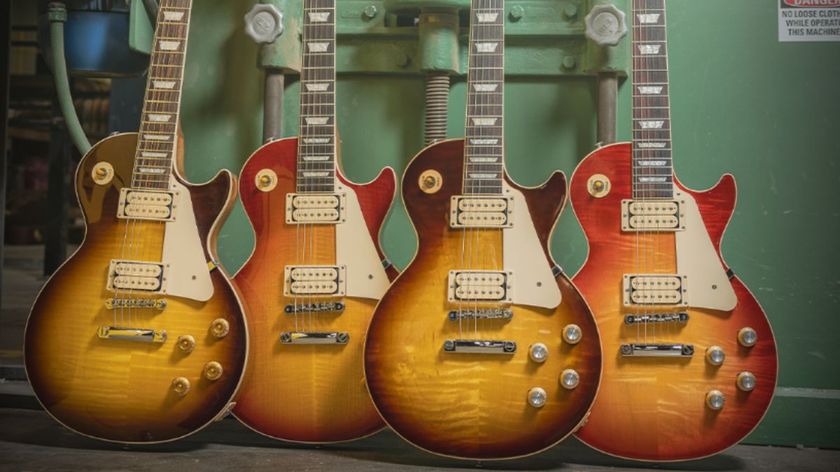
“The covers are off and it's time to rock ’n’ roll”: Gibson's Double Trouble Les Pauls offer time machine takes on ’50s and ’60s models, with faded nitro finishes – and a cheeky nod to its dispute with DiMarzio

“It is clear that lawsuits like this in the guitar industry are just not worth the time and expense”: Dean owner issues response to court loss over Gibson trademark verdict






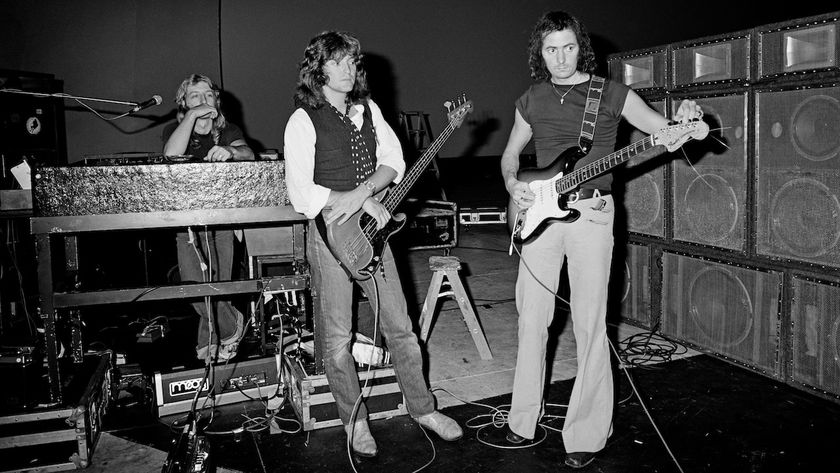

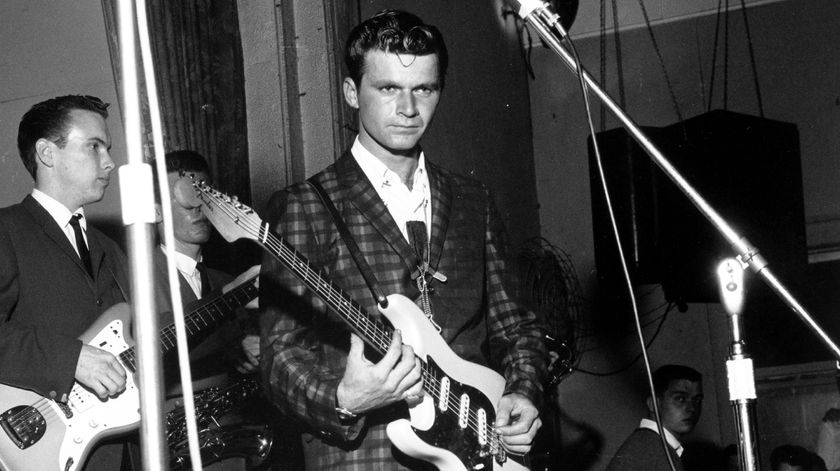
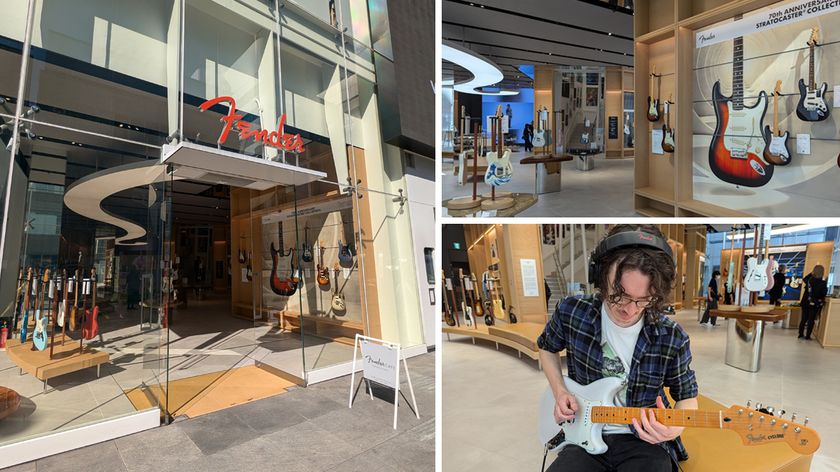
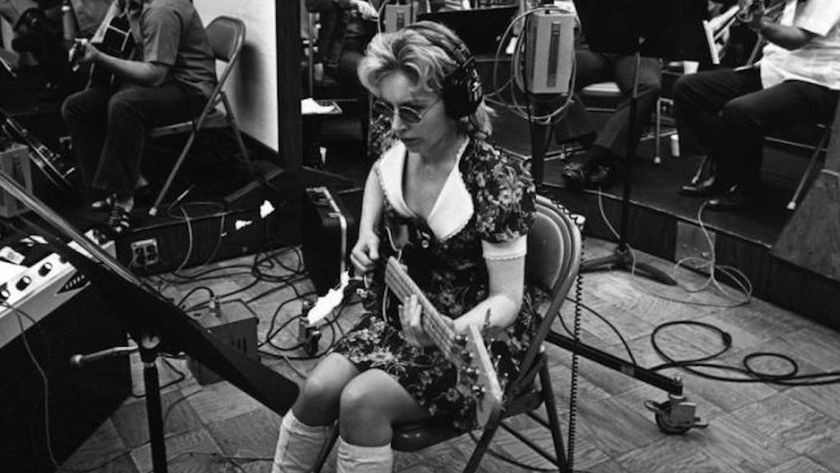
![Joe Bonamassa [left] wears a deep blue suit and polka-dotted shirt and plays his green refin Strat; the late Irish blues legend Rory Gallagher [right] screams and inflicts some punishment on his heavily worn number one Stratocaster.](https://vanilla.futurecdn.net/cyclingnews/media/img/missing-image.svg)